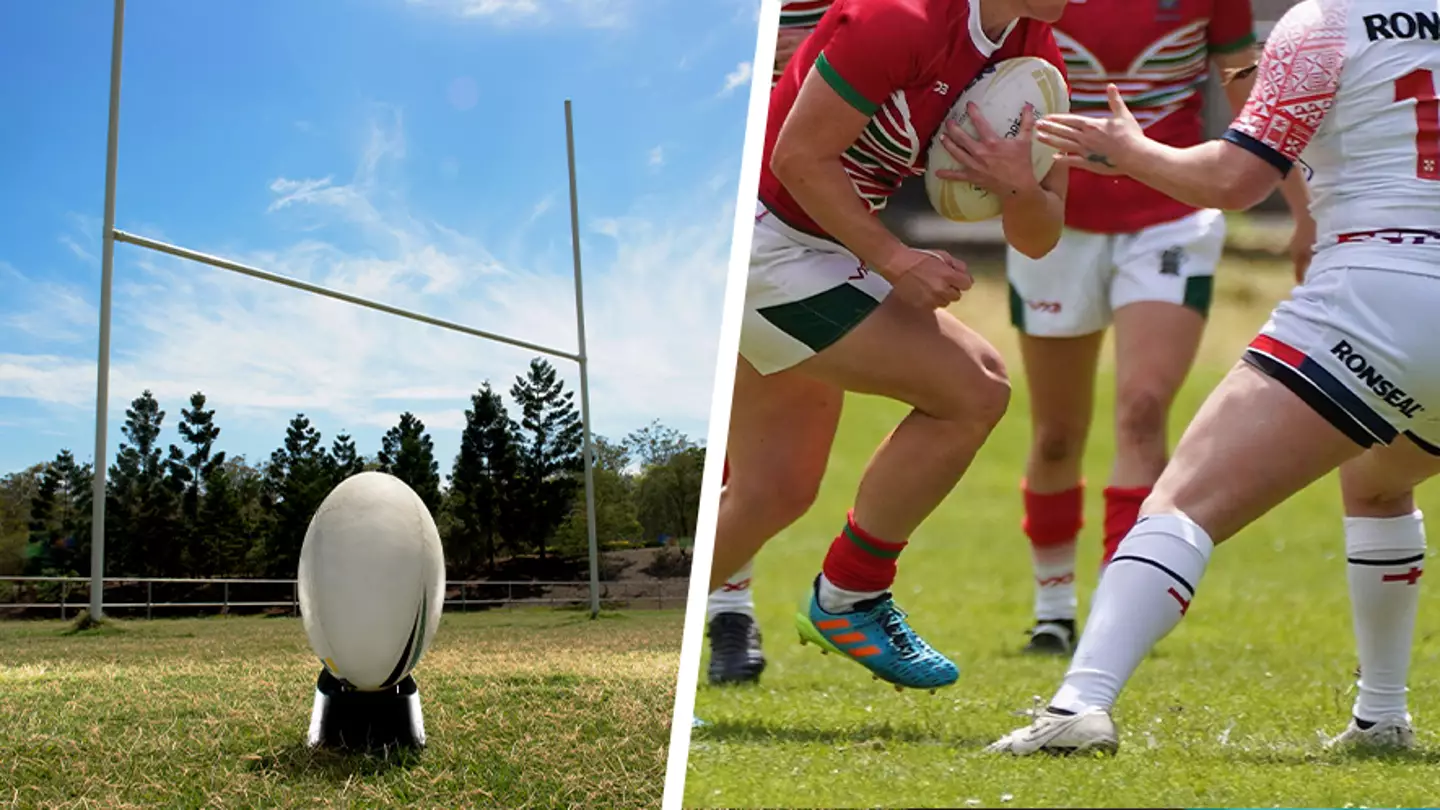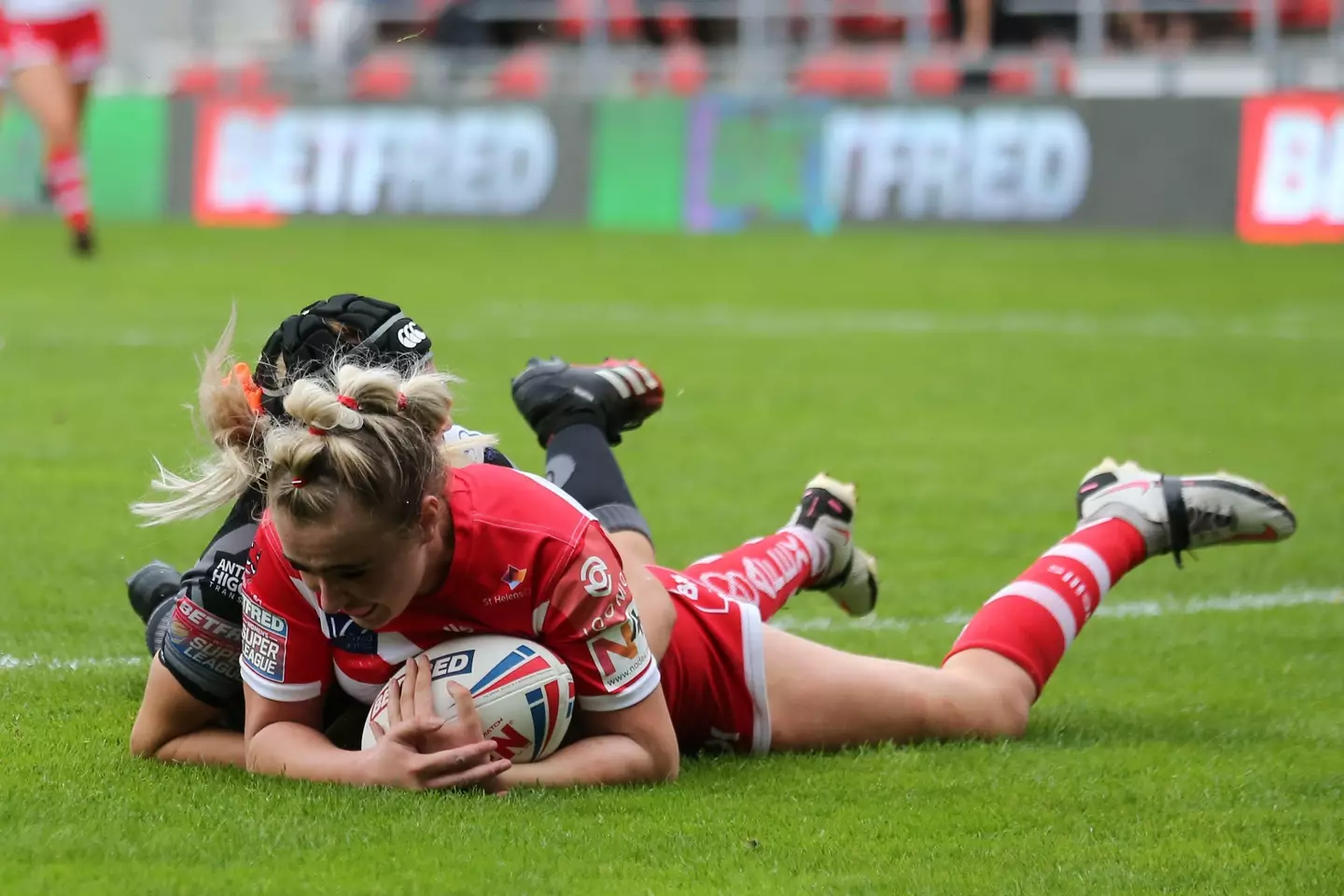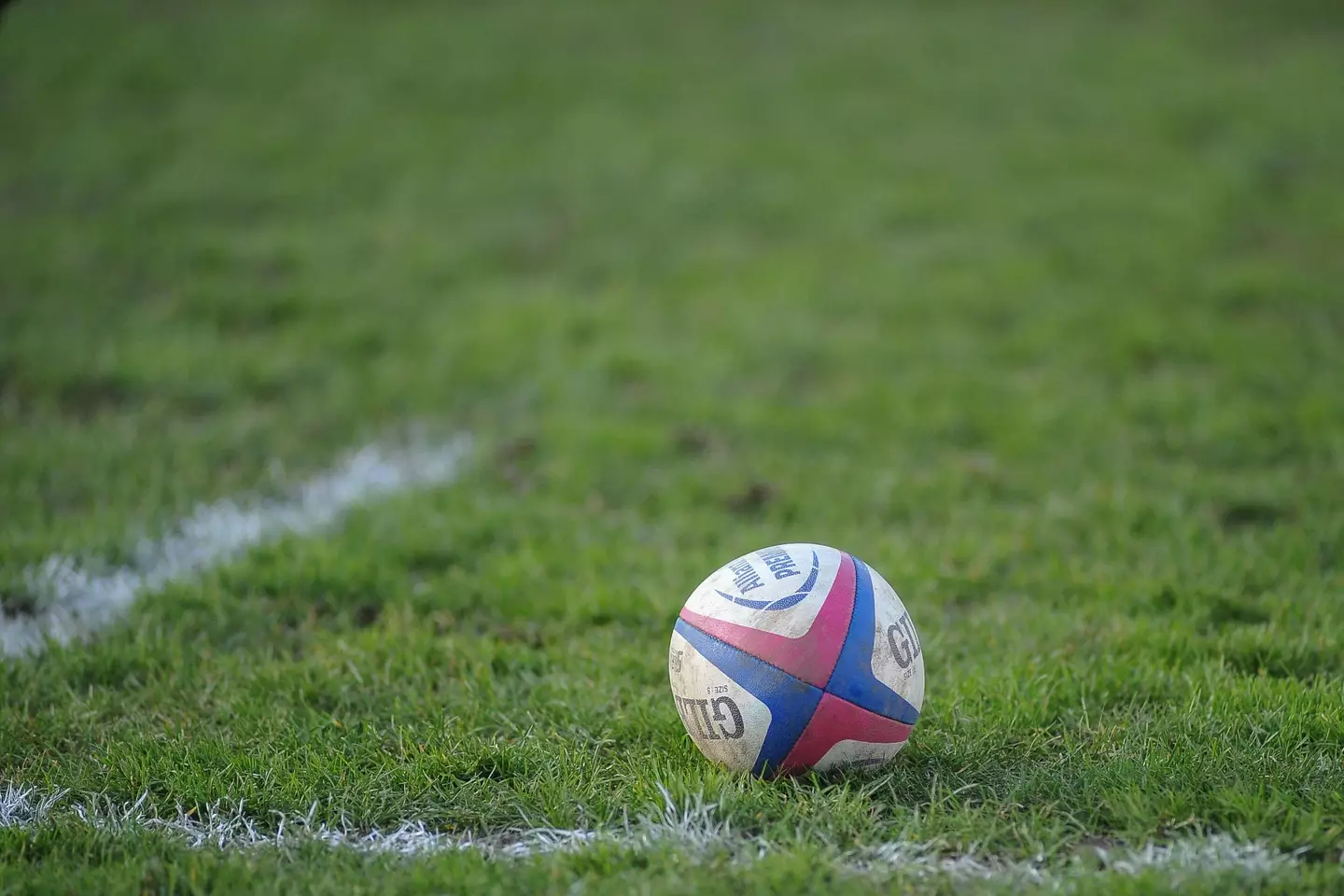
The International Rugby League IRL board has decided to ban trans women from being able to play against cisgendered females.
The IRL's decision means players who were born male and now identify as female will not be able to play in international rugby league matches until more research is done.
The board has released a statement insisting the sport is still committed to inclusion, however they can't risk players' safety.
Advert
“The IOC concluded that it is the remit of each sport and its governing body to determine how an athlete may be at a disproportionate advantage compared with their peers - taking into consideration the differing nature of each sport,” the IRL said, according to The Daily Telegraph.

“In the interests of avoiding unnecessary welfare, legal and reputational risk to International Rugby League competitions, and those competing therein, the IRL believes there is a requirement and responsibility to further consult and complete additional research before finalising its policy.
“The IRL reaffirms its belief that rugby league is a game for all and that anyone and everyone can play our sport. It is the IRL’s responsibility to balance the individual’s right to participate - a longstanding principle of rugby league and at its heart from the day it was established - against perceived risk to other participants, and to ensure all are given a fair hearing.
Advert
“The IRL will continue to work towards developing a set of criteria, based on best possible evidence, which fairly balance the individual’s right to play with the safety of all participants."
The IRL has highlighted a possible trans women division to ensure that players are still able to compete against each other.
Rugby league has become the second sport to prevent trans women going head to head against women.

Advert
FINA, the world governing body for swimming, announced over the weekend it will no longer allow trans women the ability to race against cisgendered women.
Rather than excluding transgender women from the sport altogether, FINA will instead establish an 'open' category at competitions for those whose gender identity is different than their sex assigned at birth.
The move has sparked a large spectrum of reactions, with some female competitors praising the move, while other campaigners feel it's exclusionary.
Track and field could be the next sport to join swimming and rugby league.
Advert
President of World Athletics Sebastian Coe said his organisation will review transgender regulations at the end of the year.
Coe praised FINA’s decision to ban trans athletes, telling the BBC that 'biology trumps gender'.
"We see an international federation asserting its primacy in setting rules, regulations and policies that are in the best interest of its sport," the former Olympian told the BBC.
"This is as it should be. We have always believed that biology trumps gender and we will continue to review our regulations in line with this. We will follow the science."
Advert
He added: “We continue to study, research and contribute to the growing body of evidence that testosterone is a key determinant in performance, and have scheduled a discussion on our regulations with our council at the end of the year."
World Athletics’ current rules cap testosterone levels at five nanomoles per litre for transgender athletes.
The same rule applies for those competing with differences in sex development in some women’s running events.
Coe said that the review is an effort to protect the integrity of women's sport.
Topics: Sport
